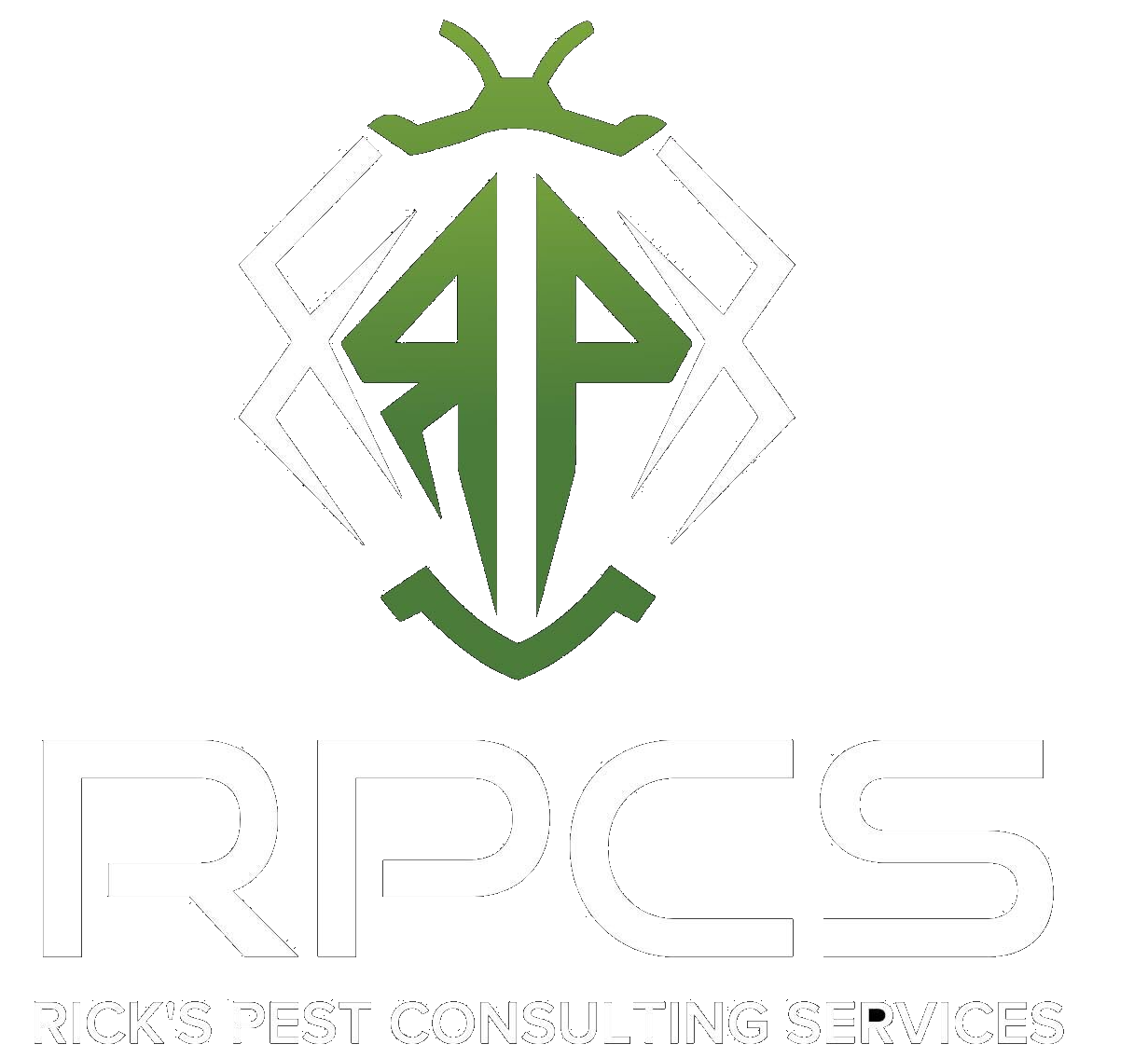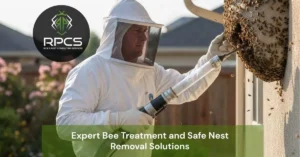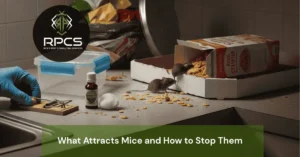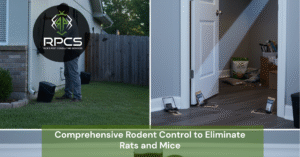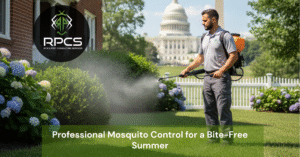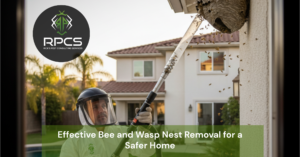As winter approaches, rodents such as mice and rats begin seeking warm, sheltered environments to escape the cold. Unfortunately, many homeowners find these pests sneaking into their homes during the colder months. Rodents can cause significant damage by chewing through wires, insulation, and stored items, and they may also carry diseases that threaten your family’s health. Preventing rodent invasions early is crucial to protect your home and maintain a safe, pest-free environment.
In this article, we will share top tips for preventing rodents from invading your home this winter, providing you with practical, actionable advice to keep these unwanted guests out.
Why Rodents Invade Homes in Winter
Rodents are instinctively drawn to warmth, food sources, and shelter when outdoor temperatures drop. Your home offers an ideal refuge with access to food, water, and cozy hiding spots. Rodents can enter through even the smallest openings, such as gaps around doors, vents, pipes, or cracks in the foundation.
Understanding why and how rodents invade helps homeowners take the right preventive measures before infestations occur.
Top Tips to Prevent Rodent Invasion This Winter
- Seal Entry Points
The first line of defense against rodents is sealing all potential entry points around your home. Inspect your foundation, walls, windows, doors, vents, and roof for cracks, gaps, or holes larger than a quarter-inch. Use materials like steel wool, caulk, metal flashing, or hardware cloth to close off these openings since rodents can chew through softer materials like rubber or plastic. - Keep Your Home Clean and Clutter-Free
Rodents are attracted to food crumbs, spills, and cluttered spaces where they can hide. Regularly clean floors, countertops, and pantry shelves. Store food in airtight containers and avoid leaving pet food out overnight. Declutter storage areas like basements, attics, and garages to reduce nesting sites. - Properly Store Firewood and Outdoor Materials
Firewood piles and debris near your home can provide rodents with shelter close to your walls. Store firewood at least 20 feet away from your house and elevate it off the ground. Remove leaves, brush, and other debris regularly to minimize hiding spots. - Maintain Yard and Landscaping
Trim back tree branches, shrubs, and vines that touch or overhang your house. These can serve as bridges for rodents to access your roof or attic. Keep grass and vegetation trimmed short to reduce outdoor shelter. - Use Rodent-Proof Trash Containers
Garbage attracts rodents looking for easy meals. Use metal or heavy-duty plastic trash cans with tight-fitting lids. Place trash bins away from your home and clean them regularly to avoid odors. - Fix Leaks and Remove Standing Water
Rodents need water to survive, so eliminate any sources of moisture inside and outside your home. Repair leaking pipes, faucets, and gutters. Remove standing water in plant saucers, birdbaths, and clogged drains. - Install Door Sweeps and Weather Stripping
Gaps under exterior doors are common entry points for rodents. Install door sweeps and ensure weather stripping around doors and windows is intact to seal gaps and prevent access. - Use Rodent Deterrents
Natural deterrents like peppermint oil, ammonia-soaked cotton balls, or commercial rodent repellents can help discourage rodents from approaching your home. Place these near entry points or areas where you suspect rodent activity. - Set Up Rodent Traps Early
If you suspect rodent presence, use traps as a preventive measure. Snap traps, glue boards, or live traps placed near walls, behind appliances, or in dark corners can catch rodents before they multiply. - Schedule Regular Professional Inspections
Pest control professionals can conduct thorough inspections and provide preventative treatments tailored to your home. Early professional intervention reduces the risk of severe infestations and long-term damage.
Signs of Rodent Infestation to Watch For
- Scratching or scurrying sounds in walls or ceilings
- Gnaw marks on wires, wood, or food packaging
- Droppings near food storage or entry points
- Nests made of shredded paper, fabric, or insulation
- Unusual odors caused by urine or nesting materials
If you notice any of these signs, act quickly to address the problem before it worsens.
Why Preventing Rodents Is Better Than Dealing With Infestations
Rodent infestations can be costly and hazardous. Mice and rats reproduce rapidly, and a small problem can quickly become overwhelming. They can damage electrical wiring, increasing fire risks, contaminate food supplies, and spread diseases such as hantavirus, salmonella, and leptospirosis.
Preventing rodents saves money, protects your property, and ensures a healthier living environment.
